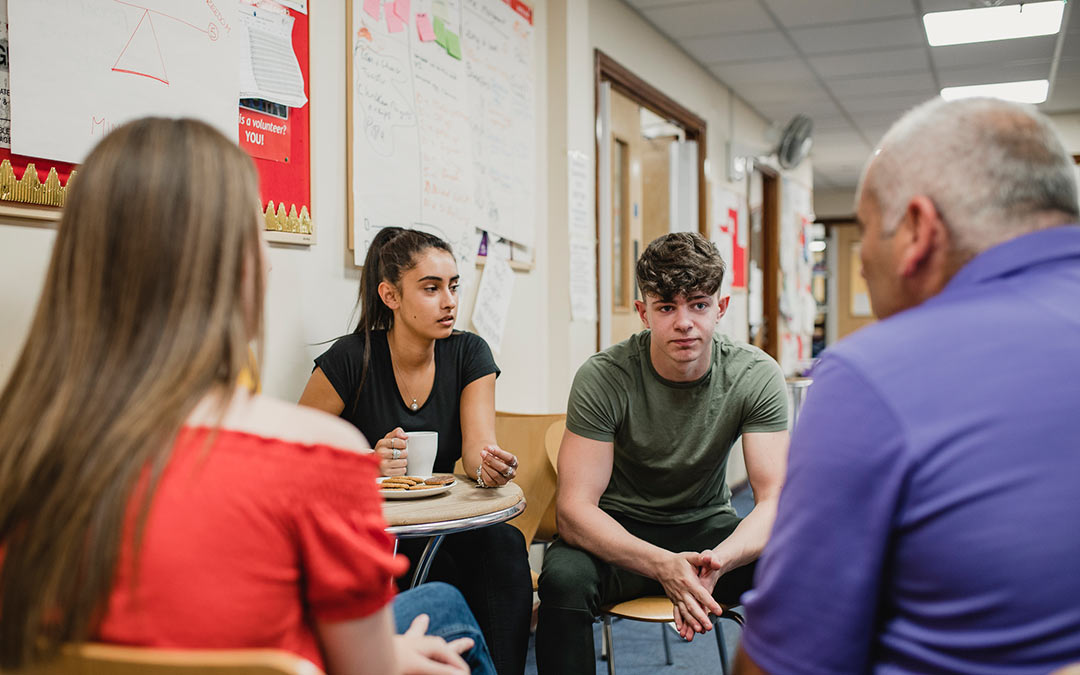Margaret Gibelman, DSW
School social workers serve students, school administrators, teachers, and families in fostering a safe school environment and addressing issues that interfere with students’ academic achievement. These professionals use their understanding of the interacting influences of home, school, and the community in assessing student needs, providing training and educational programs, serving as advocates for students and their families, and empowering students to use community resources.
Comprehensive Prevention
The roles of developing comprehensive prevention programs and counseling at-risk students have become particularly important due to changes in the family structure, increased violence in the schools, and increases in social, economic, and academic pressures that affect youth. Social workers in today’s school system will address such issues as teen suicide, bullying, youth gangs, depression, and sexual orientation with training programs for students, teachers, and administrators.
They also have the responsibility to promote sensitivity about different cultures and sexual orientations in creating a school environment in which differences are accepted. In addition, social workers are increasingly called upon to ensure that students with disabilities receive adequate educational services. This role often involves providing referrals to other professionals in the community.
Youth Development
Social workers in the youth development area are employed in local youth organizations, community centers, and recreation departments. They serve as community liaisons, linking youth with community resources and mentors through collaborations with local faith-based organizations, police departments, health centers, and other agencies. Youth development social workers identify important areas that are not addressed in the schools and develop programs to meet the needs of young people. Programs may include projects in community service, art, and education with a strong focus on youth strengths and assets. Social workers work directly with young people, helping them to increase their feelings of self-reliance and competence and discover their individual talents.
Program planning often involves activities that promote youth protective factors, such as supportive families and communities. Social workers find ways to connect youth with community residents through intergenerational and career mentoring programs, and provide life-skills training to help launch youth to adulthood.
Margaret Gibelman, DSW, was professor and director of the PhD program in social welfare at the Wurzweiler School of Social Work at Yeshiva University, New York. She authored the book, “What Social Workers Do.”





